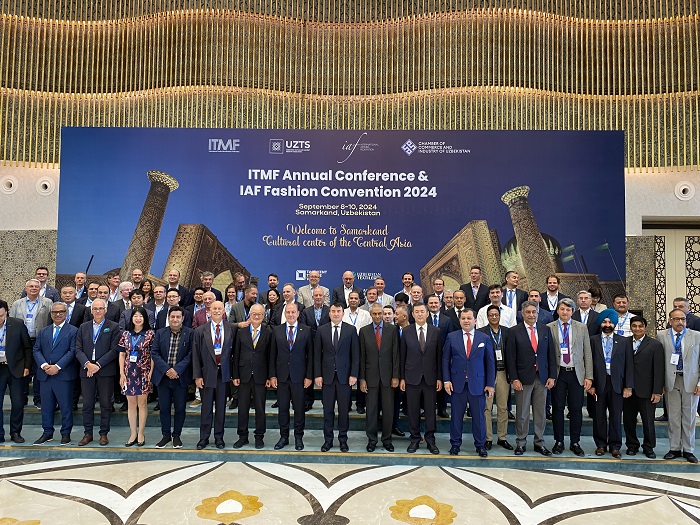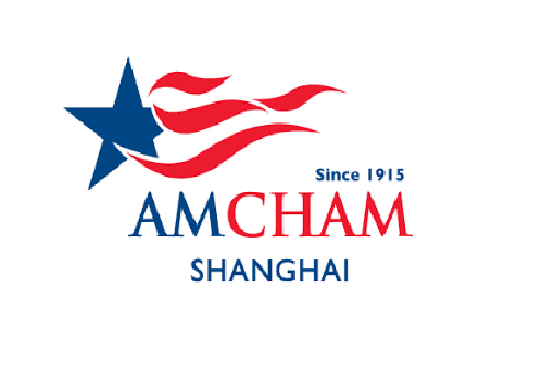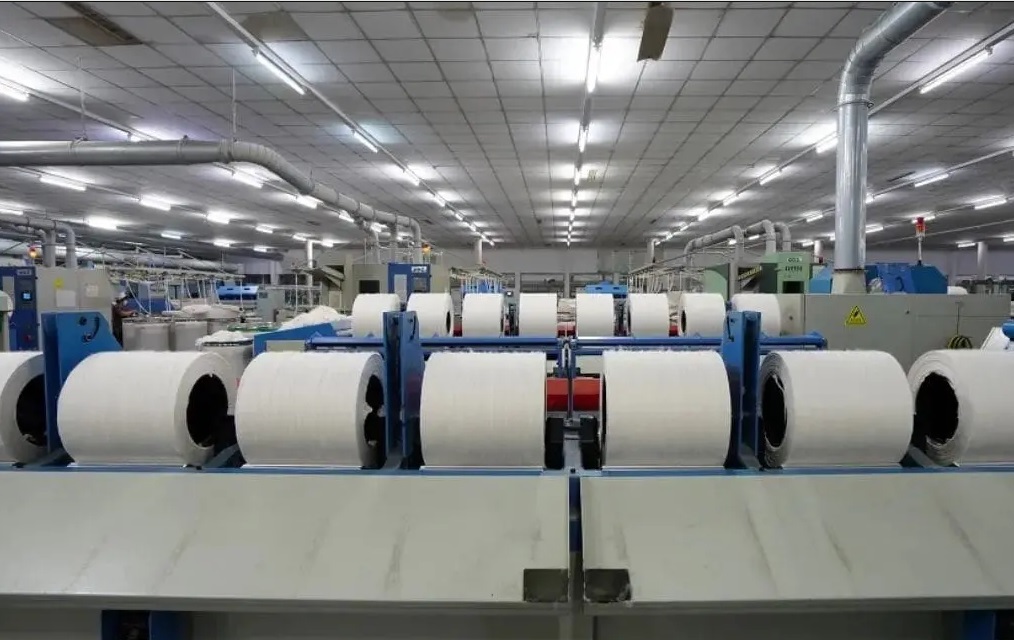Despite increasing regulatory pressure, major fashion brands continue to rely heavily on synthetic fibers, shows a new report by the nonprofit Changing Markets Foundation.
Conducted in collaboration with organisations like the Clean Clothes Campaign, Fashion Revolution, No Plastic In My Sea, and the Plastic Soup Foundation, the study examines data from the responses to a survey sent to fashion brands, and information available on their websites.
The report notes, around fifty-four per cent of companies failed to respond to the survey, compared to 44 per cent in 2022 and 17 per cent in 2021, indicating a growing trend of corporate secrecy. Out of the 50 companies evaluated, only six, including Zara owner Inditex, Lululemon, Mango, and Nike, publicly shared the volume and percentage of synthetic fibers they use. However, other companies disclosed this information only through the survey.
As per the report, synthetic fibers currently make up 69 per cent of global textile production, a figure expected to rise to 73 per cent by 2030. Factors like affordability and versatility of synthetics, particularly polyester, have allowed fashion brands to flood the market with cheap clothing, driving fast fashion's cycle of consumption and waste, the report states.
Two companies, Reformation and Hugo Boss, are ‘leading the shift’ in reducing reliance on synthetic materials. Reformation has pledged to phase out virgin synthetics by 2030 and reduce overall synthetic use to less than 1 per cent by 2025. Hugo Boss aims to eliminate polyester and polyamide by 2030, but the report notes a 143 per cent increase in the company's polyester use from 2020 to 2023. It the brand aims to maintain its leadership position, it needs to set clear milestones and aim for consistent progress, the report emphasises.
With new EU regulations on the horizon, the fashion industry is at a critical juncture, the report warns. For the first time, the sector is at the risk of facing measures to address its environmental impact, it adds. Raising concerns about the industry's lack of support for such regulations, the report emphasises on the need for strong actions to reduce reliance on fossil fuels and plastic waste.












